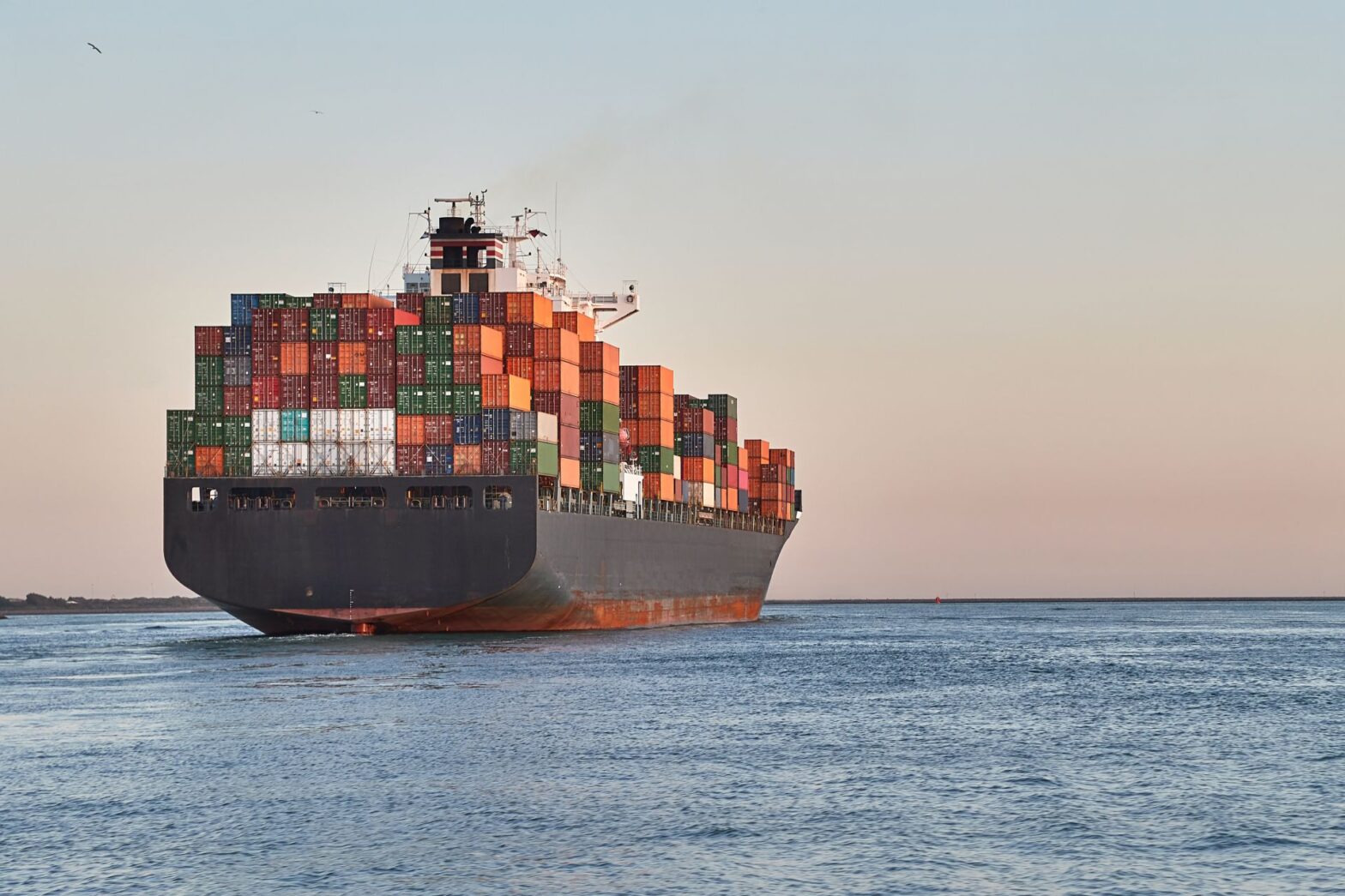Spanish Mediterranean regions urge government to protect Cetaceans
The regional governments of Catalonia, Valencia and the Balearic Islands urge the Spanish Government to reduce the speed of ships passing through the Mediterranean Cetacean Migration Corridor, backing an OceanCare initiative in this regard. The Cetacean Migration Corridor is part of the area that the governments of Spain, France, Italy and Monaco are proposing to the IMO for environmental protection as a Particularly Sensitive Sea Area (PSSA).
Barcelona, March 3, 20220. OceanCare congratulates the regional governments of Catalonia, Balearic Islands and Valencia for their support for the protection of the Cetacean Migration Corridor of the Mediterranean and their joint request to the Spanish Government to limit the maximum speed of ships transiting through this protected area, declared by the Barcelona Convention as a Special Protection Area of Mediterranean Importance (SPAMI), to reduce fatal ship strikes with cetaceans, underwater noise and carbon dioxide.
On Thursday, March 3, the 1st Mediterranean Summit on Climate and Environment was held in Barcelona, organized by the regional governments of Catalonia, the Balearic Islands and Valencia.
The official Declaration of the Summit establishes the commitment of the governments of the Balearic Islands, the Valencian Community and Catalonia to accelerate, through cross-cutting policies, mitigation and adaptation to climate change, in a context of climate emergency, especially in the Mediterranean basin.
This Declaration brings together several Mediterranean Spanish regional governments with the aim of speaking with one voice on the commitments to develop policies against climate change and prepare their societies for the consequences of this phenomenon, to promote joint action mechanisms and to be a group in defence of common interests against other organizations that place the Mediterranean at the center of global responses to the climate emergency.
As first actions to implement this commitment, the governments of the Balearic Islands, the Valencian Community and Catalonia have formally announced: «We will ask the Spanish Government to limit the maximum speed of ships transiting the Mediterranean Cetacean Corridor, which runs between our coasts and has been declared a Special Protection Area of Mediterranean Importance (SPAMI) under the Barcelona Convention. The aim is to reduce fatal collisions with cetaceans, underwater noise and carbon dioxide. We thus support the initiative promoted by OceanCare and other environmental organizations.»
«In our view, the declaration is a powerful statement beyond Spain, but signals the importance also to France, Italy and Monaco, to agree that such progressive, but simple, measure be part of the proposal to manage shipping within the wider western Mediterranean» says Carlos Bravo, Ocean Policy Expert at OceanCare in Madrid, Spain.
It is widely recognized that among the various operational measures available, reducing the speed of ships is the most cost-effective way to reduce the environmental impact of shipping. In fact, this measure makes it possible to reduce, very significantly and with immediate effect, emissions of CO2 and atmospheric pollutants such as sulphur oxides (SOx), nitrogen oxides (NOx) and black carbon, as well as underwater noise and the risk of collisions with marine fauna.
Recent studies have shown that
- Reducing the speed of ships by 10% would reduce their fuel consumption by 19%.
- Although the specific level of CO2 emission reduction depended on the type of ship, overall the analysis indicated that baseline CO2 emissions could be reduced by around 13% and 24%, if ships reduced their speed by 10% and 20% respectively.
- Similarly, it is estimated that a 10% and 20% reduction in speed across the fleet would lead to a reduction in fuel consumption and NOx and SOx emissions of around 13% and 24% respectively.
- With respect to collisions with cetaceans, a 10% reduction in speed reduces lethal ship strikes by about 50%, although this estimate is less certain than that for noise emissions.
- It has been scientifically proven that a speed limit of 10 knots would drastically reduce the risk of fatal collisions with cetaceans.
- By decreasing speed, a 10% reduction in speed would reduce the emission of sound energy from shipping to the marine environment by about 40%. A 20% reduction in ship speed would reduce it by about 67%.
As reflected in several resolutions passed by ACCOBAMS, speed, rather than ship shape or displacement, is the most significant factor in collisions of cetaceans with ships.
A large percentage of vessels navigating in CMC waters do so at very high speeds, leading to a high risk of collision with large cetaceans, as well as exacerbating other negative environmental impacts. For example, the average design speed of passenger-only ferries is between 14.5 and 26.2 knots.
A large percentage of vessels sailing in the Cetacean Migration Corridor waters do so at very high speeds, leading to a high risk of collision with large cetaceans, as well as exacerbating other negative environmental impacts. For example, the average design speed of passenger-only ferries is between 14.5 and 26.2 knots.
For medium and large cruise ships it is between 19 and 22 knots. Bulk carriers and chemical tankers (with a dead weight tonnage, dwt of >10,000) travel between 13.8 and 14.7 knots; liquefied gas tankers between 14.2 and 19.2 knots. Container ships over 1,000 dwt travel between 19 and 24.6 knots.
According to ACCOBAMS, «the area surrounding the Balearic Islands and the main shipping lanes radiating from Ibiza, Mallorca and Menorca towards the Gulf of Lion, Valencia and Alicante constitute one of the areas of greatest risk of interaction between shipping, and especially fast ferry lines, and whales».
The International Whaling Commission (IWC) has also identified the Balearic Islands as a Mediterranean area of high risk for fin whales and sperm whales to suffer collisions with ships.
